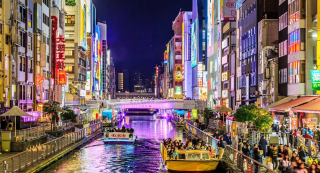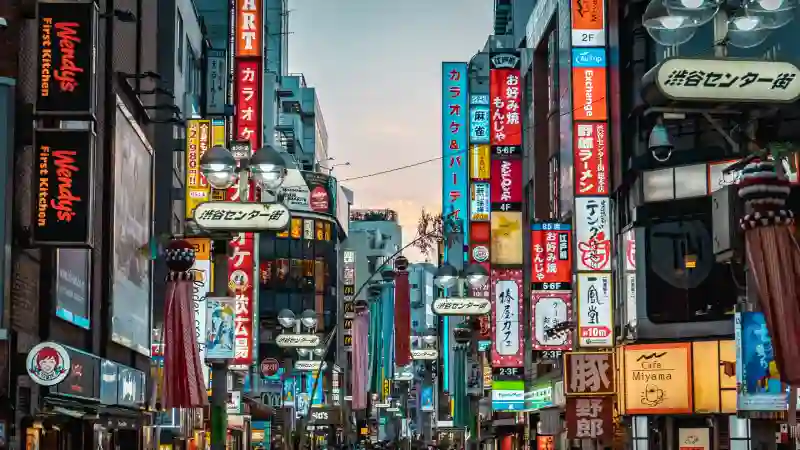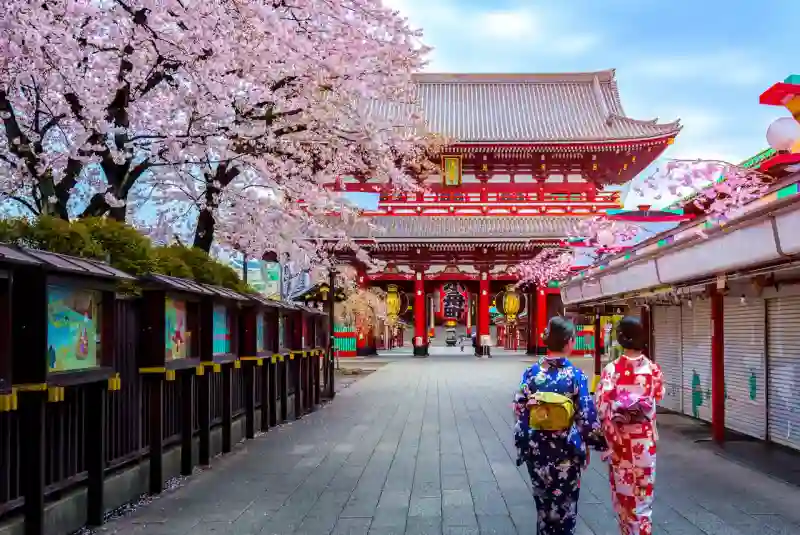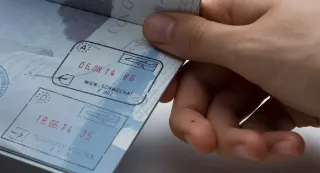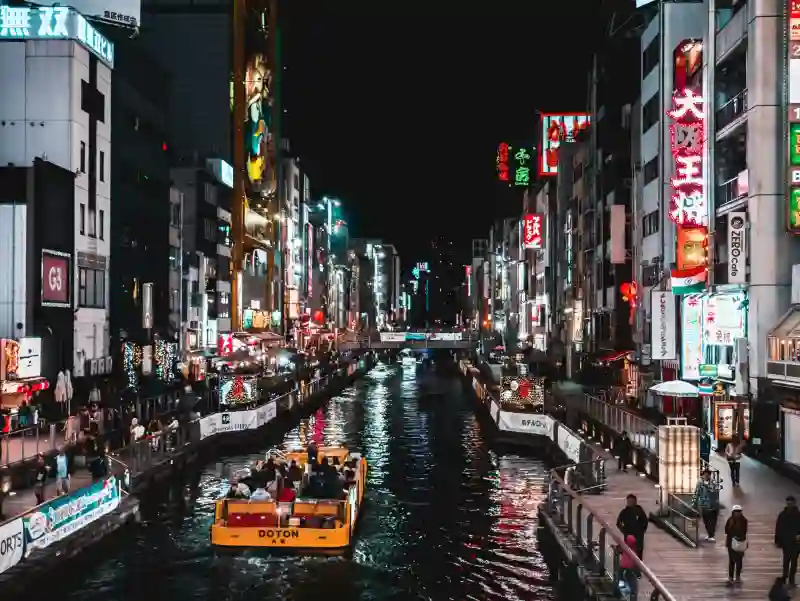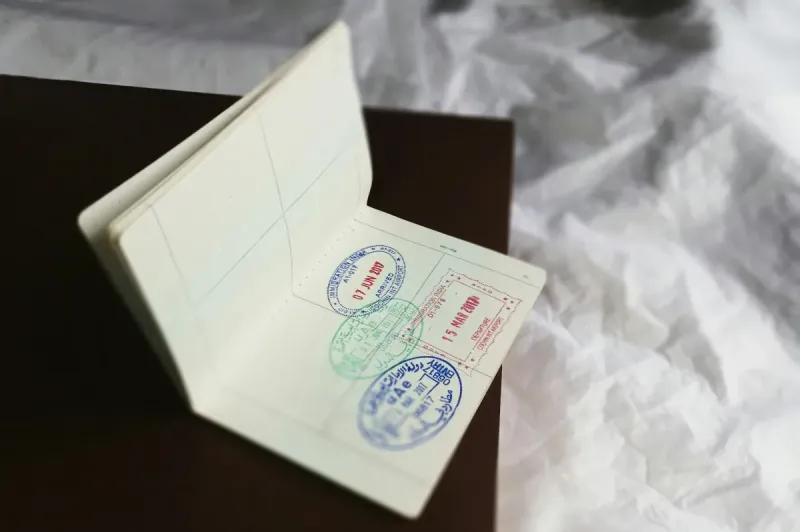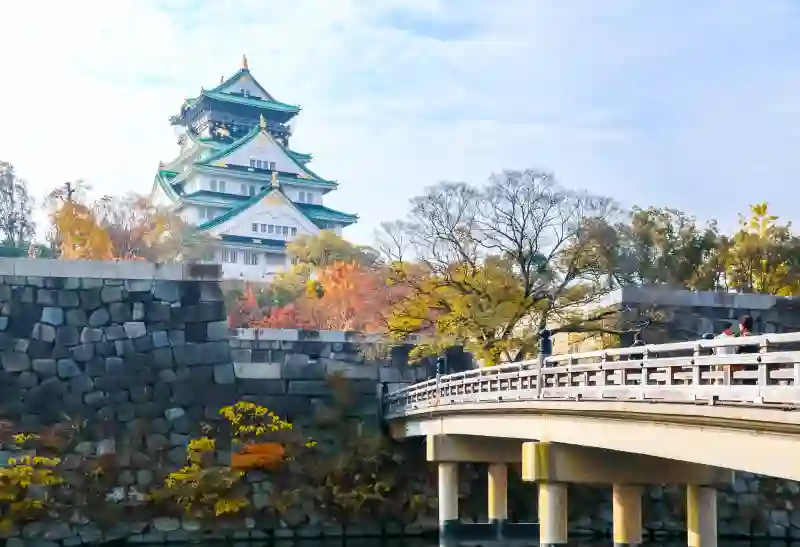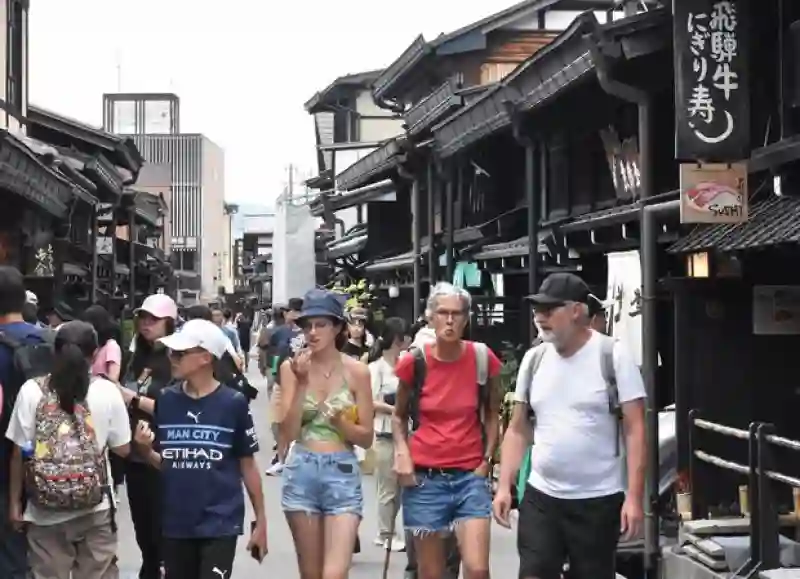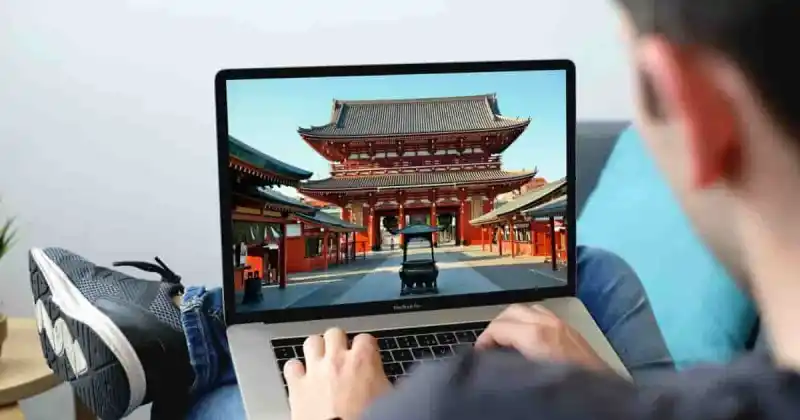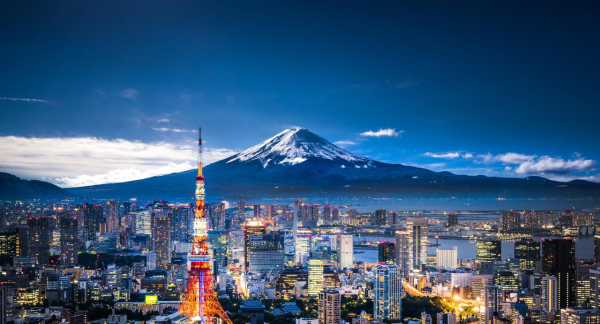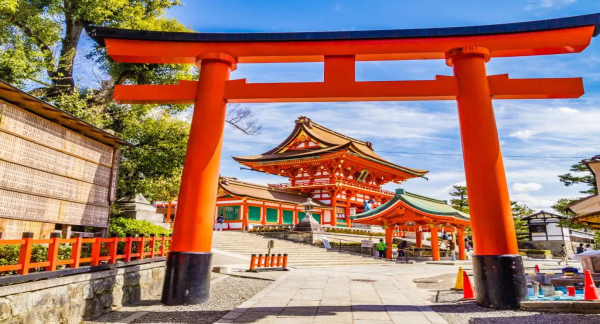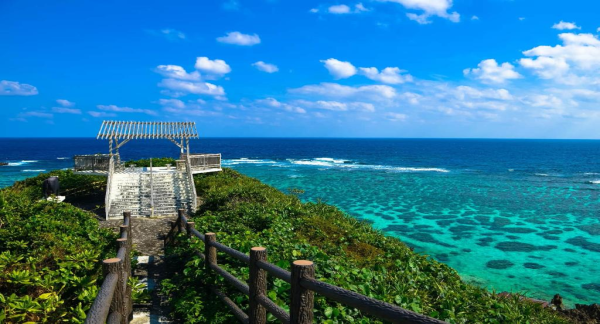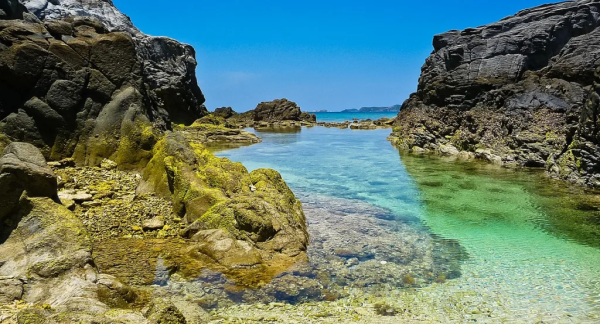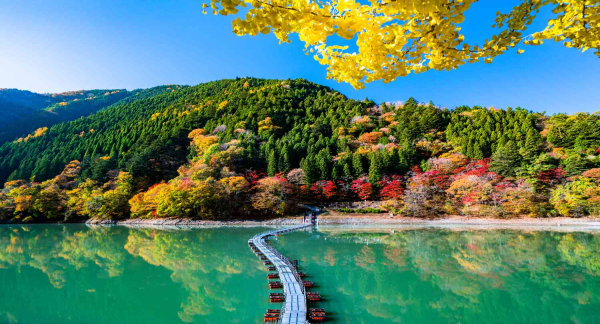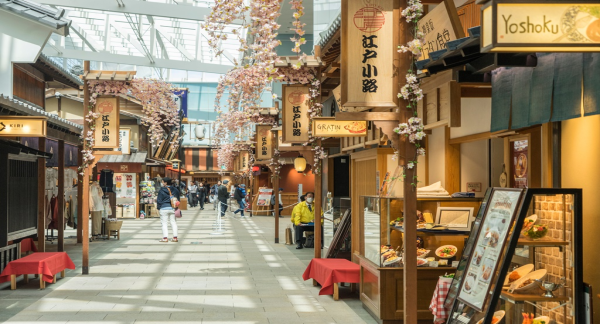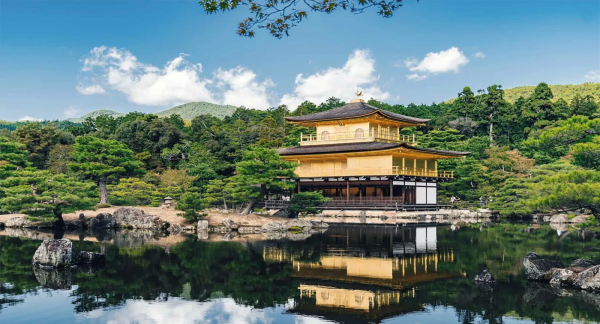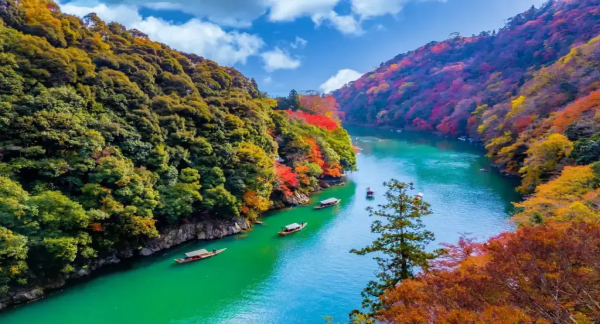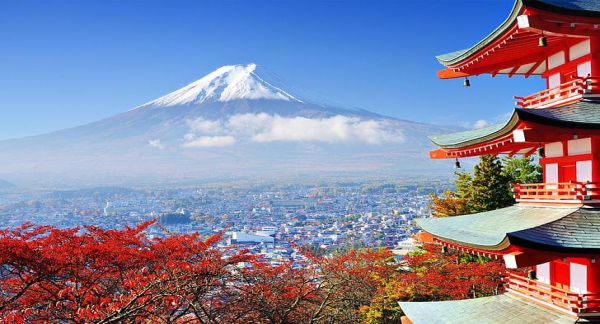Alright, so we've established that for most people, getting a visa is a necessary step before exploring the wonders of Japan. But which type of visa do you need? Let's break down the most common Japan visa categories and their requirements, so you can choose the perfect fit for your travel plans. Think of it like choosing the right outfit for an occasion - you wouldn't wear a swimsuit to a business meeting, right?
1. Temporary Visitor Visa
Purpose: This is your go-to if you're heading to Japan for a vacation, to visit friends or family, or for any other non-business, non-work related reasons. Think of it as your ticket to explore the Great Wall, wander through ancient temples, and sample delicious street food.
Duration of Stay and Validity: The Temporary Visitor Visa typically allows for a stay of up to 90 days. The visa itself is usually valid for single or multiple entries within a certain period, allowing you to come and go as you please during that timeframe.
Required Documents: You'll need the basics: a valid passport with at least six months of validity remaining and blank visa pages, a completed and signed visa application form, a recent passport-sized photo that meets Japan's specific requirements, and proof of your travel itinerary (like flight bookings and hotel reservations). If you're staying with friends or family, you might also need an invitation letter from them. You may also be required to show proof of sufficient funds to cover your stay in Japan.
2. Work Visa
Purpose: If you've landed a job in Japan, congratulations! Now you'll need a work visa. It's your official permission to be employed in the country.
Types: There are several types of work visas, each tailored to different professions and skill levels. Some of the most common ones include:
· Engineer/Specialist in Humanities/International Services Visa: This is for professionals with specialized skills and knowledge in fields like engineering, technology, or international services.
· Highly Skilled Professional (HSP) Visa: This is a points-based system for highly qualified individuals with advanced degrees, significant work experience, and high earning potential.
· Intra-Company Transfer Visa: This is for employees of multinational companies who are being transferred to a branch or subsidiary in Japan.
Requirements and Sponsorship: To get a work visa, you'll need a job offer from a Japanese employer, who will also need to sponsor your visa application. You'll also need to provide documents like your employment contract, proof of qualifications, and sometimes even a medical examination report.
Application Process: The work visa application process can be a bit more complex than other visa types, as it involves coordination with your employer and the Japanese authorities. You'll need to submit your application and supporting documents to the Japanese embassy or consulate in your country.
3. Student Visa
Purpose: Calling all bookworms and knowledge-seekers! If you've been accepted into a Japanese educational institution, you'll need a student visa.
Eligibility and Duration: This visa is for those enrolled in a full-time course of study at a recognized Japanese university, college, language school, or other educational institution. The visa's validity will usually match the duration of your studies.
Required Documents: In addition to the usual documents, you'll need to provide an acceptance letter or certificate of eligibility from the institution and proof of financial support to cover your tuition and living expenses.
4. Transit Visa
Purpose: Just passing through Japan on your way to another destination? You might need a transit visa, depending on your nationality and the length of your layover.
Duration and Requirements: Transit visas are typically valid for short stays, usually up to 72 hours. You'll need to show proof of onward travel, like a flight ticket to your final destination, and a visa for that destination (if required).
5. Other Visas
Japan also offers a range of other visas for specific purposes. These include:
· Family Reunion Visa: This is for those who want to join their family members who are already living in Japan.
· Cultural Activities Visa: This is for individuals who want to participate in cultural activities in Japan, such as learning a traditional art or craft.
Remember, each visa type has its own unique set of requirements and application procedures. It's essential to do your research and choose the visa that aligns with your travel goals. And if you're still unsure or feeling a bit overwhelmed, don't worry! VisaTitans is here to guide you through the process and make sure you have all the information you need to secure the right visa for your Japanese adventure.
